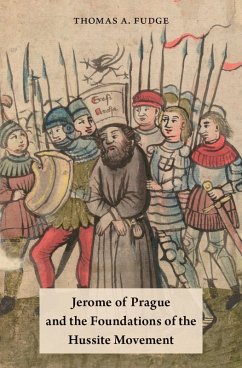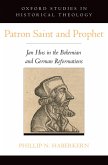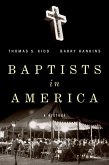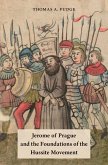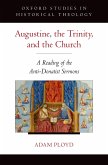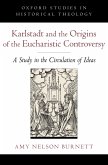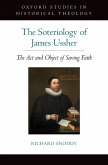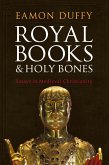The life and work of Jerome of Prague have been overlooked outside Czech historiography, but represent an important chapter in the understanding of late medieval European history. Thomas A. Fudge makes a case for the central importance of Jerome, peer of Jan Hus, by reconstructing his biography using the original Latin and Czech sources and drawing significantly upon German, French, English, and Czech scholarship. The book traces the development of Jerome's life, paying special attention to the controversies he caused at the universities of Paris, Cologne, Heidelberg, Vienna, and Prague. Of particular note are the two heresy trials in which he was a defendant (Vienna 1410-12 and Constance 1415-16). Fudge situates Jerome within the philosophical conflicts of the late fourteenth and early fifteenth centuries. He argues that Jerome is not only an important component in the intellectual history of the Middle Ages, and a leading personality in the church's war on heresy, but is also an essential influence on the development of the Hussite movement in Bohemia. As the Italian humanist Poggio Bracciolini remarked, after hearing Jerome speak at the Council of Constance in 1416, "this was a man to remember." Jerome of Prague and the Foundations of the Hussite Movement brings to life a little known but indisputably significant figure of the late Middle Ages.
Dieser Download kann aus rechtlichen Gründen nur mit Rechnungsadresse in A, B, BG, CY, CZ, D, DK, EW, E, FIN, F, GR, HR, H, IRL, I, LT, L, LR, M, NL, PL, P, R, S, SLO, SK ausgeliefert werden.

